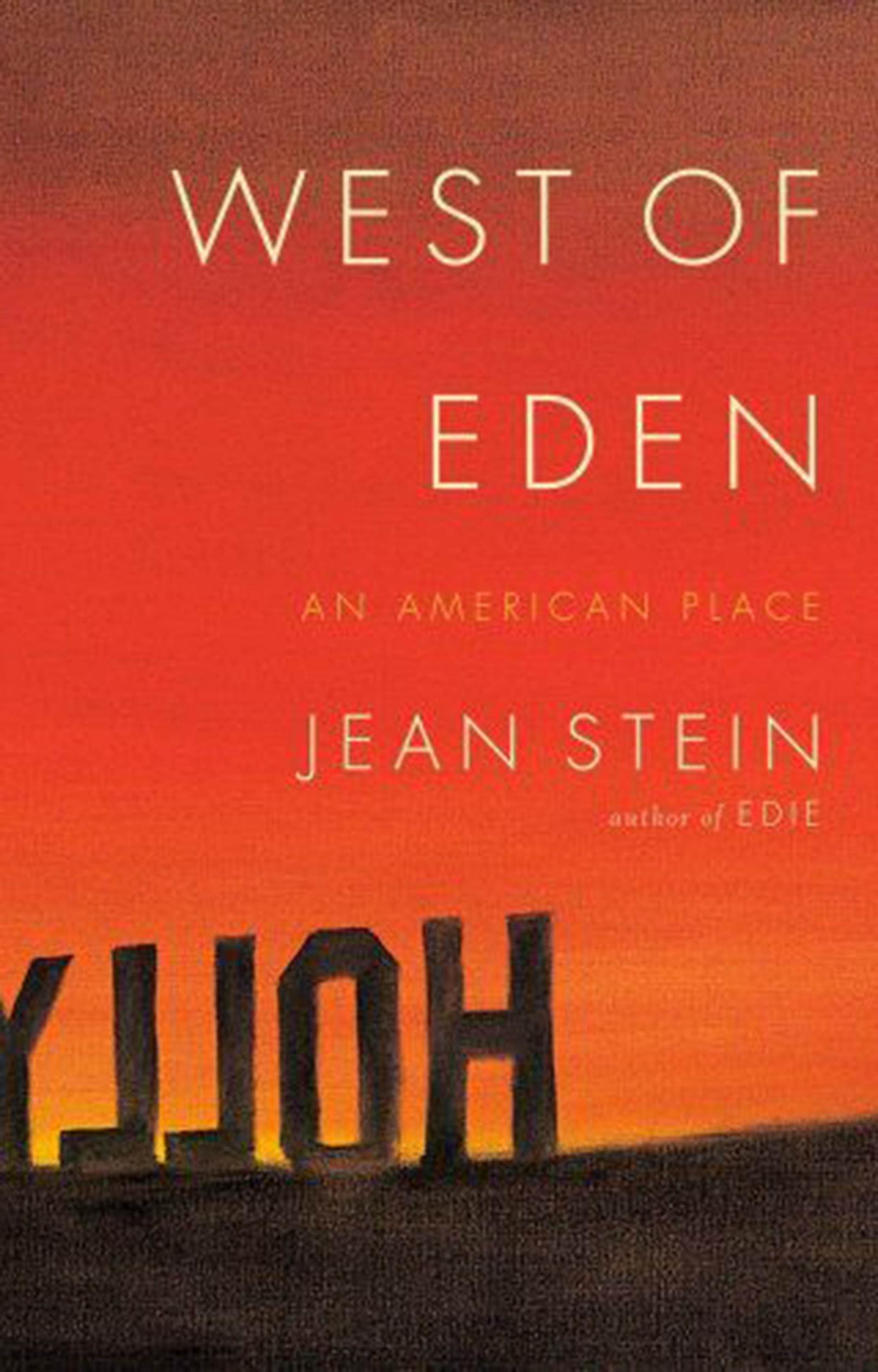Jean Stein, West of Eden: An American Place: 'A prison where the bars are made of tinsel', book review

Hollywood was a forcing-ground for the emotions; it would always find your flaws and magnify your weaknesses. Jean Stein’s oral histories of five Los Angeles lives make for uncomfortable reading. There’s a sense of lurking dread in these sunlit pages, so that even recollections of happy occasions feel off-kilter.
Sons, daughters, stars, chauffeurs and carers are interviewed about events that take time to pull into focus. A prologue about dishonest tour-bus guides sets the tone for the first account, which follows the career spiral of the mega-rich Doheny family. Oil magnate Ed Doheny had a Beverly Hills street and a beach named after him, and once gave his wife the Hope Diamond, but hubris dragged him into a drilling-rights corruption case and murder left him chiefly remembered as the model for Daniel Day-Lewis’s psychotic character, Daniel Plainview, in There Will Be Blood.
In the second biographical autopsy, Jack Warner shifts from excitable seat-of-the-pants movie maker to bullying patriarch as he constructs Hollywood’s legendary studio, and his portrait is painted (very badly) by Salvador Dalí, who probably found himself out-surrealed by Warner’s dysfunctional family.
The studio head constructed a house that resembled a mausoleum, populated by frightened dinner guests who dared not raise a fork before Jack started eating. After testifying before the House Un-American Activities Committee, which then blacklisted his players, we’re surprised to learn that the mogul’s panicked betrayal was the one thing that frightened him.
The third tale is the oddest and most resonant, as Jane Garland, a childish, sexually precocious, highly volatile schizophrenic is passed between predatory guardians and confused students hired from UCLA rather than given appropriate treatment, before finally going full Danvers on her childhood home. The image of her standing at the top of the stairs, dripping blood, warning that there are rats in the refrigerator (her code-phrase for impending tragedy) lingers as a reminder that this former orange grove is filled with unquiet ghosts.
It’s followed by the story of the Academy Award-winner Jennifer Jones, groomed for stardom, who attempted suicide but survived to see the same suicidal impulse rise in her daughter, who leapt from a 20-storey building. Stein is qualified to tell these tales because she was embedded in the same system. Her father, Jules, rose from ophthalmologist to a Hollywood power broker, but she had the sense to get out of Misty Mountain, their family home which reminded Orson Welles of Berchtesgaden, and head for New York. What lifts the accounts from Hollywood cliché and makes them so fresh is the judicious editing of voices, weaving a tone that’s gossipy and filled with telling details.
The obliquely unfolding memoirs are an amalgam of Chinatown and The Day of the Locust, exposing a familiar theme; that the trappings of profligate wealth ultimately become a prison and a source of corruption. Behind the lost children of the privileged are the phantom manipulators who shaped the nation’s desires. Hollywood’s power-base has since eroded into something threadbare and marginal, but once there was a place where dreams came true – at a price.
Subscribe to Independent Premium to bookmark this article
Want to bookmark your favourite articles and stories to read or reference later? Start your Independent Premium subscription today.

Join our commenting forum
Join thought-provoking conversations, follow other Independent readers and see their replies